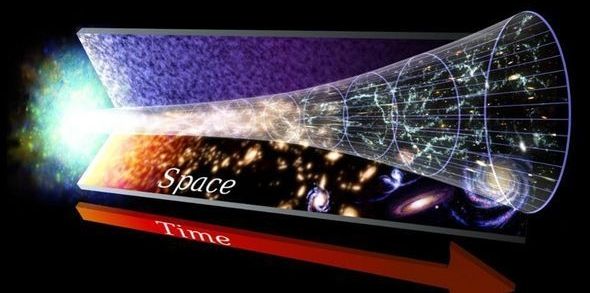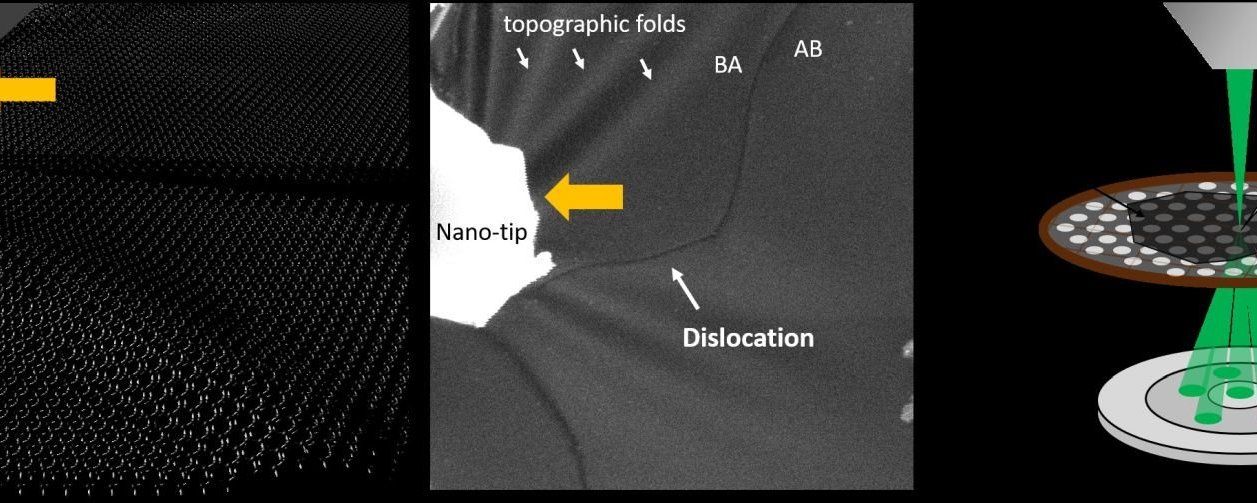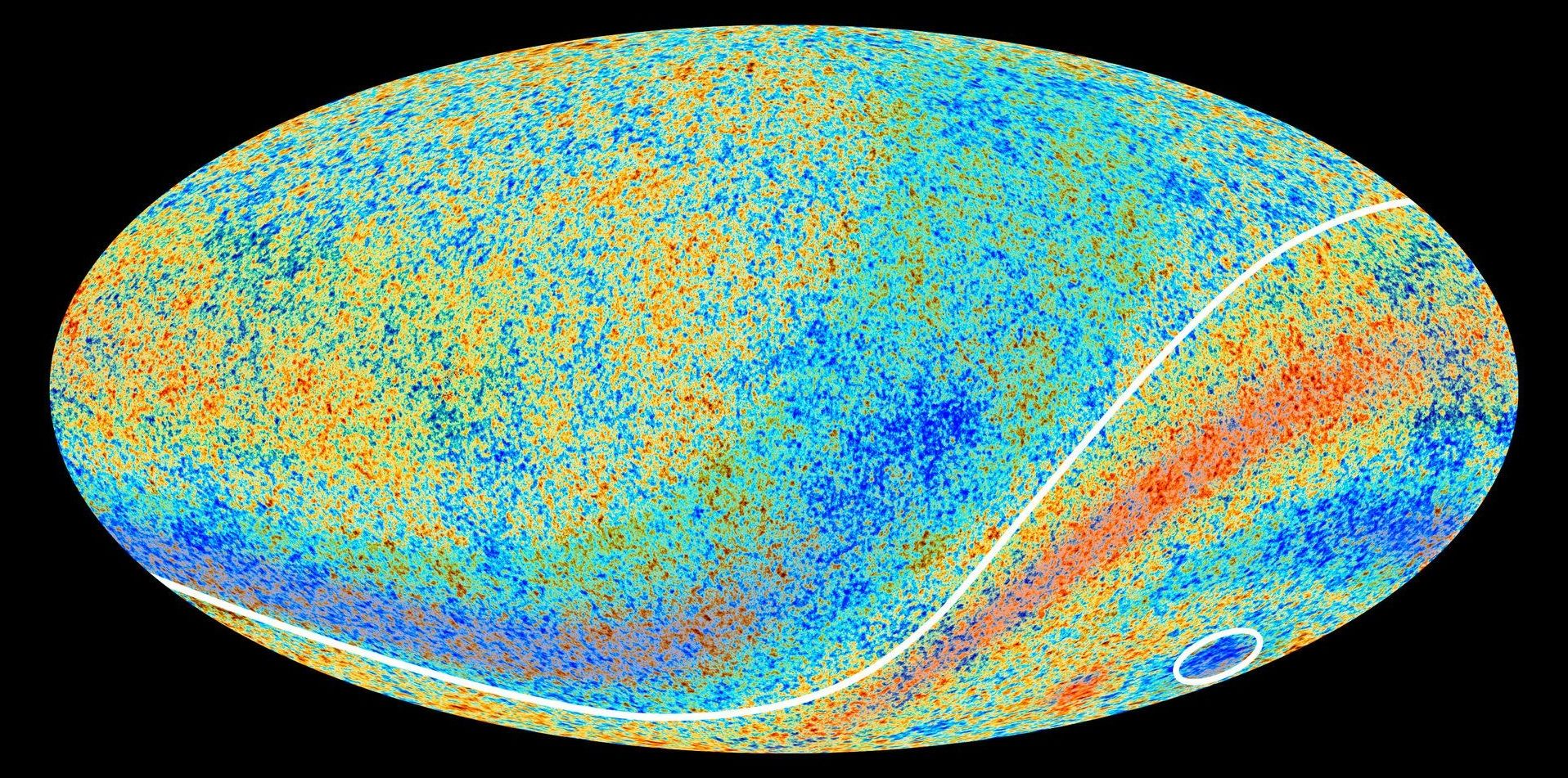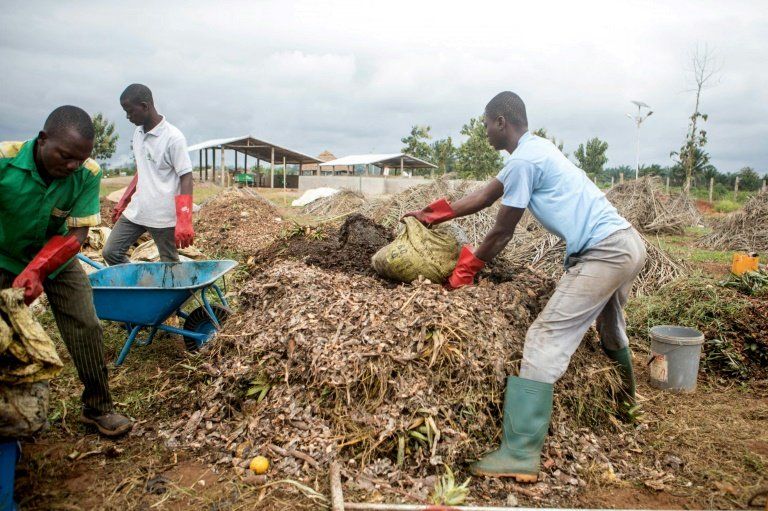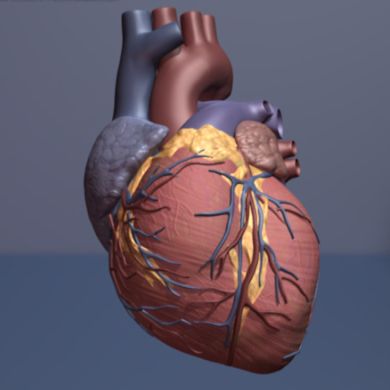Page 9902
If you’ve read some of my latest articles, you might remember that I’ve been spending some time in my hometown. My quasi-holiday is not over yet, but my stay in my hometown pretty much is; I’m leaving in a few hours.
During my stay, I’ve told my girlfriend many times that wandering around my hometown feels like having someone else’s memories implanted in my head. I’ve never considered myself too attached to the place where I grew up, but after years of absence, I’ve become even less so. It’s like the place doesn’t have an effect on me anymore; it can’t really influence me. I know my way around it and I remember where landmarks and things are, but there’s little emotional connection left. It’s almost like being a tourist. Even my own room, which used to be pretty much my realm up until I was 18, now feels just like any regular room—in no small part because it has changed quite a bit since then. Given a few more years, I might lose all feelings for the place.
This shouldn’t be a surprise. Your feelings for places and people change and sometimes fade away altogether, over the years. This happens within currently normal lifetimes; what is going to happen if and when our lives last for centuries?
Aug 22, 2018
Man sues over Google’s “Location History” fiasco, case could affect millions
Posted by Genevieve Klien in category: futurism
Aug 22, 2018
Researchers manipulate individual graphene dislocations on the atomic scale
Posted by Genevieve Klien in categories: energy, transportation
Materials can deform plastically along atomic-scale line defects called dislocations. Many technical applications such as forging are based on this fundamental process, but the power of dislocations is also exploited in the crumple zones of cars, for instance, where dislocations protect lives by transforming energy into plastic deformation. FAU researchers have now found a way of manipulating individual dislocations directly on the atomic scale.
Using advanced in situ electron microscopy, the researchers in Prof. Erdmann Spiecker’s group have opened up new ways to explore the fundamentals of plasticity. They have published their findings in Science Advances.
Aug 22, 2018
Physicists Think They’ve Spotted the Ghosts of Black Holes from Another Universe
Posted by Genevieve Klien in categories: cosmology, physics
Weird patches of the sky where the cosmic microwave background radiation looks funny could be signs of long-dead universes, physicist Roger Penrose said.
Aug 22, 2018
Ancient Starlight Just Helped Confirm the Reality of Quantum Entanglement
Posted by Genevieve Klien in categories: particle physics, quantum physics
Quantum entanglement is the theory that particles can be connected in such a way that measuring one particle can instantaneously convey information about that measurement to the other particle, regardless of the distance between them. It almost sounds like magic, which is probably why it received a healthy dose of criticism from the physics community when the theory was first proposed nearly 100 years ago.
Albert Einstein was a particularly vocal critic of entanglement, which he famously described as “spooky action at a distance.” Part of Einstein’s beef with the quantum mechanics crowd was that he believed that particles have definite qualities that exist before they are measured and that two particles distant in space and time can’t affect one another instantaneously since they are limited by the speed of light—a viewpoint known as local realism.
Under quantum mechanics, however, the properties of a particle don’t exist independently of measurement used to determine those properties. Moreover, when it comes to entangled particles, the measurement of one particle will instantaneously influence the properties of the other entangled particle. This means that the values of these properties will be highly correlated—so highly correlated, in fact, that the degree of coincidence in their values can’t really be explained without recourse to quantum mechanics.
Continue reading “Ancient Starlight Just Helped Confirm the Reality of Quantum Entanglement” »
Aug 22, 2018
Scientists are tracing the age of the ancestor of life on Earth, and they just released their findings
Posted by Genevieve Klien in categories: biological, evolution
Today, the Earth is covered with life in countless forms, but four billion years ago there was no life on our rocky world. So, it stands to reason that sometime between then and now a single organism came into existence that started it all. This is a widely-held belief among scientists, and the name they have given that ancient organism is LUCA. It stands for “last universal common ancestor” — the one microbe that you, your dog, the guy who cut you off in traffic this morning, and the tree in your back yard all descended from.
It’s a mind-blowing concept. It makes perfect sense, but tracing the origins of the ancestor of all life on Earth is an incredibly difficult task. For a long time, scientists had settled on a timeline of between 3.5 billion and 3.8 billion years ago. Now, a new round of research has pushed that date back even further. The work was published in Nature Ecology & Evolution.
It’s important to note that LUCA isn’t thought to have been the very first cellular organism on Earth. The conditions under which life formed likely created many single-celled life forms, but only one of them had what it takes to “make it” on Earth, and that microbe is believed to be the root of everything that came later.
Aug 22, 2018
‘Trash is gold’ as Benin community turns waste into biogas
Posted by Bill Kemp in category: sustainability
Garbage has never smelled so sweet for a small village in southern Benin since it opened a pilot waste treatment centre to turn household rubbish into gas—and cash.
“Our trash has become gold. We no longer throw it into the bush. We use it to make money,” beams Alphonse Ago, who lives next to the centre in Houegbo village.
ReBin, a Swiss foundation for sustainable development, built the 1.3-hectare (3.2-acre) facility, which every week turns around six tonnes of organic waste into 200 cubic metres of biogas—saving some 164 tonnes of wood from being used to make charcoal.
Aug 22, 2018
Healthy diet linked to healthy cellular aging in women
Posted by Lilia Lens-Pechakova in categories: biotech/medical, food, life extension
Healthy diet linked to healthy aging and longer telomeres, a new study on 5000 healthy adults. Relationship significant in women. … All four diets emphasize eating plenty of fruits, vegetables, whole grains and plant-based protein and limiting consumption of sugar, sodium and red and processed meat. Overall, the findings suggest that following these guidelines is associated with longer telomere length and reduces the risk of major chronic disease…”
Eating a diet that is rich in fruits, vegetables and whole grains and low in added sugar, sodium and processed meats could help promote healthy cellular aging in women, according to a new study published in the American Journal of Epidemiology.
“The key takeaway is that following a healthy diet can help us maintain healthy cells and avoid certain chronic diseases,” said lead author Cindy Leung, assistant professor of nutritional sciences at the University of Michigan School of Public Health. “Emphasis should be placed on improving the overall quality of your diet rather than emphasizing individual foods or nutrients.”
Continue reading “Healthy diet linked to healthy cellular aging in women” »
Aug 22, 2018
Older adults who get physical can lower their heart disease risk
Posted by Lilia Lens-Pechakova in category: biotech/medical
A new study showed physical activity might lower cardiovascular disease risk by improving blood vessel function.
Adults in their early 60s, who spend less time sitting and more time engaged in light to vigorous physical activity, benefit with healthier levels of heart and vessel disease markers, according to new research in Journal of the American Heart Association, the Open Access Journal of the American Heart Association/American Stroke Association.
The results from increased physical activity were found to be particularly good among women.
Continue reading “Older adults who get physical can lower their heart disease risk” »
